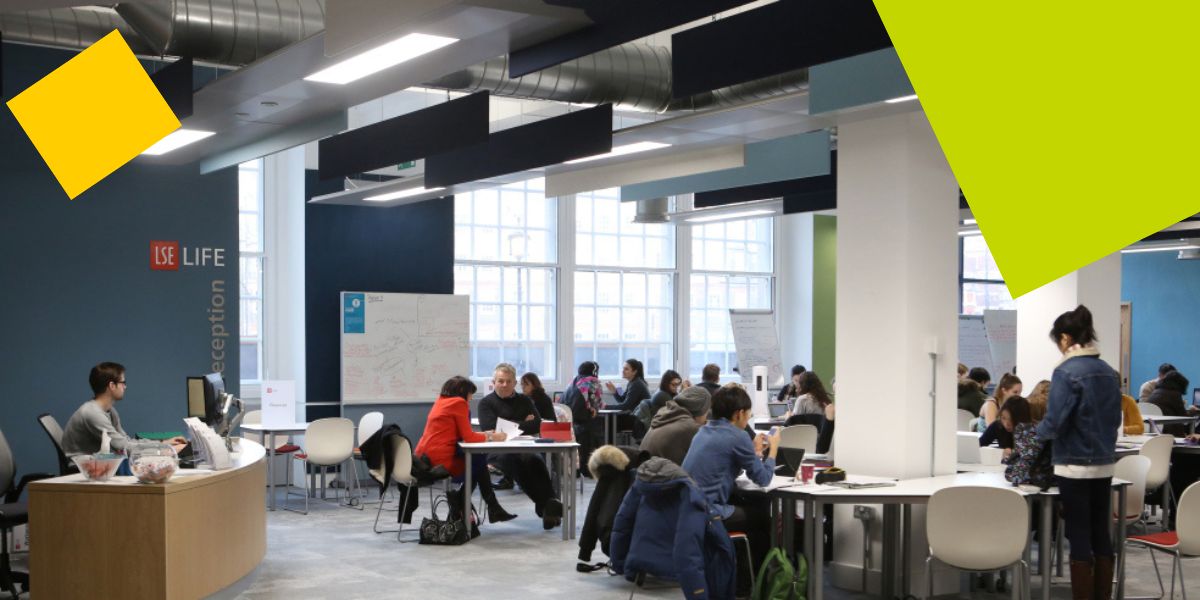Formative assessments are a handy tool for understanding where you stand academically, and they’re worth completing if you have the time. I’ve experienced my fair share of formative assessments during my three years at LSE, and from the essays I’ve submitted, I’ve collated my guidelines for making the most out of the feedback you receive.
One of the first things to do when you receive feedback is to read it. This may seem obvious, but many people are so preoccupied with the grade that they don’t read the teacher’s comments. It is important to take a thorough look at what your teacher has written in response to your work. Sometimes, when you are given a high grade, it is tempting to just celebrate that without really looking at what has been written. Whether you received positive feedback, negative feedback or a mixture of both, the most beneficial approach to take is to read it all. Once you’ve done this, you can make a note of what you did well and what you can improve on next time. Some departments do not provide a grade, but will give you comments. If you feel as though you’d like a more concrete assessment of your work, it’s a good idea to compare the comments with the mark scheme. Here, you can usually get a rough idea of your grade by deciphering the language used.
Secondly, don’t just focus on the positive comments. This is very tempting, especially if you’re someone who doesn’t respond well to negative feedback. However, it’s helpful to re-frame the comments in your mind and try to see them from a different perspective. If you have a mindset that understands the importance of continual improvement, then you will take note of what has been said and make a note of which areas you need to work on. It also helps to know that your teacher is on your side. When teachers mark your work and point out areas for improvement, they are trying to help you and want you to succeed. Even the harshest feedback does not have the aim of fostering discouragement, but rather the aim is to help you do better next time. Taking time to look at the less positive comments will help you to implement them for your summative essay, when it really counts.
It’s also very helpful to book an office hour with the teacher who gave you the assignment. Office hours are an essential way to gain information on how to improve your technique as well as understand what your lecturer is looking for in an assignment. Often, your lecturers will give you guidance regarding where you can improve in future work that you complete, but sometimes there will be areas which may seem vague to you as a student. Booking some time to have a one-to-one chat with the teacher who gave you the feedback will provide you with some clarity if there are any ambiguous comments. If you’re someone who likes to plan ahead, an office hour will also be the perfect opportunity to run through some potential ideas for future summative essays which may be based on a similar topic to your formative essay.
Finally, use the feedback to inform the material that you will incorporate in your summative essay. Formative essays are a great way to gauge whether you will do well in a summative essay later on in the term, and many departments will assign similar questions so that you can use some of the same content or ideas. This varies between courses, however, so make sure that you read the essay guidance carefully to avoid plagiarism. If you are allowed to reuse your formative material, pay attention to what your lecturer particularly likes and explore those ideas further. If they provide you with further options for reading, then make sure you take a look at those sources. Spending enough time reviewing your feedback will make you a better essay writer in general, and if you do it properly, you will see a definite change in your grades.





